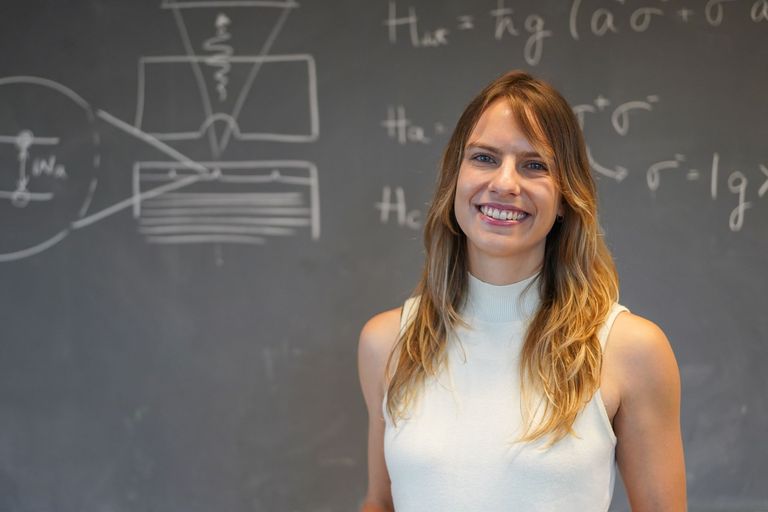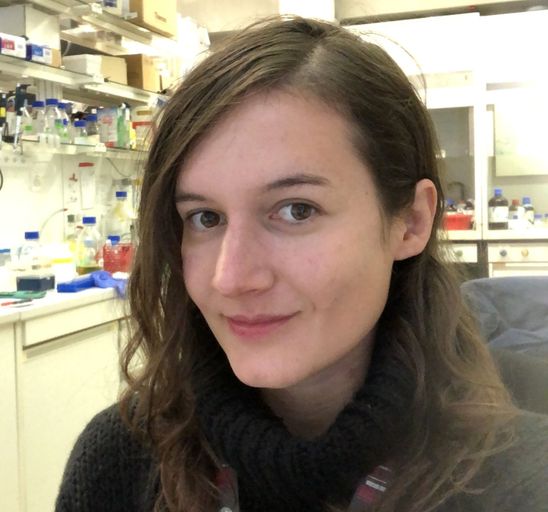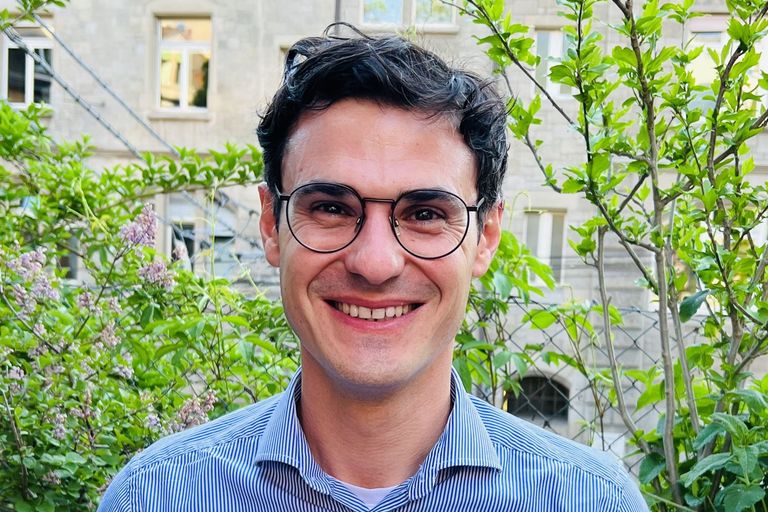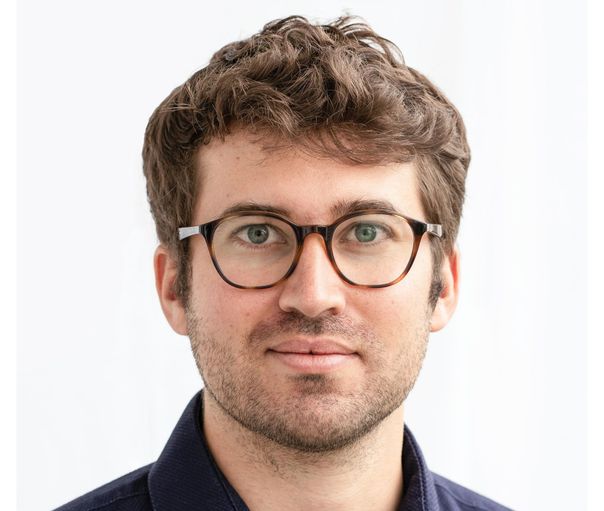Related topics

Natasha Tomm – the photon trainer
Her work could help give data transfers more protection against being hacked: during her dissertation, Natasha Tomm (co-)developed a super-efficient source of individual photons.
Image: Clemmens Spinnler
Anna-Katharina Pfitzner – Seeking fundamental answers
Prix Schläfli 2022: Small biological building blocks are her thing: biologist Anna-Katharina Pfitzner has researched a mechanism that is key to many processes in cell biology.
Image: Anna-Katharina Pfitzner
Luca Dal Zilio – A cautious prophet
Large earthquakes are once-in-a-century events with devastating consequences. Luca Dal Zilio has developed a model that describes the development of such events both temporally and geographically, and which could therefore become important for risk prevention.
Image: Victoria Lasheras
Philippe Schwaller – making chemistry with linguistic algorithms
How do you use artificial intelligence to simulate chemical processes? Philippe Schwaller has developed a program that has been named the best of its kind by an independent research group.
Image: Urs Wäfler
